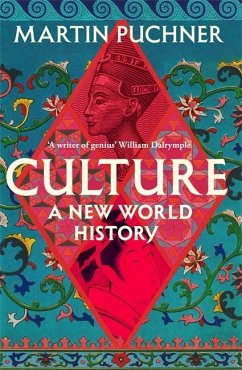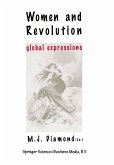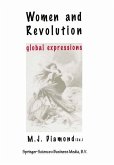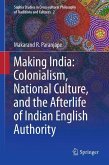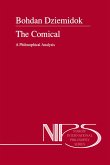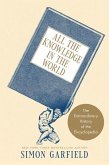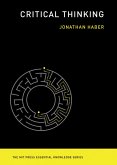Can anyone really own a culture? This magnificent account argues that the story of global civilisations is one of mixing, sharing, and borrowing.
It shows how art forms have crisscrossed continents over centuries to produce masterpieces. From Nefertiti's lost city and the Islamic Golden Age to twentieth century Nigerian theatre and Modernist poetry, Martin Puchner explores how contact between different peoples has driven artistic innovation in every era - whilst cultural policing and purism have more often undermined the very societies they tried to protect.
Travelling through Classical Greece, Ashoka's India, Tang dynasty China, and many other epochs, this triumphal new history reveals the crossing points which have not only inspired the humanities, but which have made us human.
It shows how art forms have crisscrossed continents over centuries to produce masterpieces. From Nefertiti's lost city and the Islamic Golden Age to twentieth century Nigerian theatre and Modernist poetry, Martin Puchner explores how contact between different peoples has driven artistic innovation in every era - whilst cultural policing and purism have more often undermined the very societies they tried to protect.
Travelling through Classical Greece, Ashoka's India, Tang dynasty China, and many other epochs, this triumphal new history reveals the crossing points which have not only inspired the humanities, but which have made us human.

